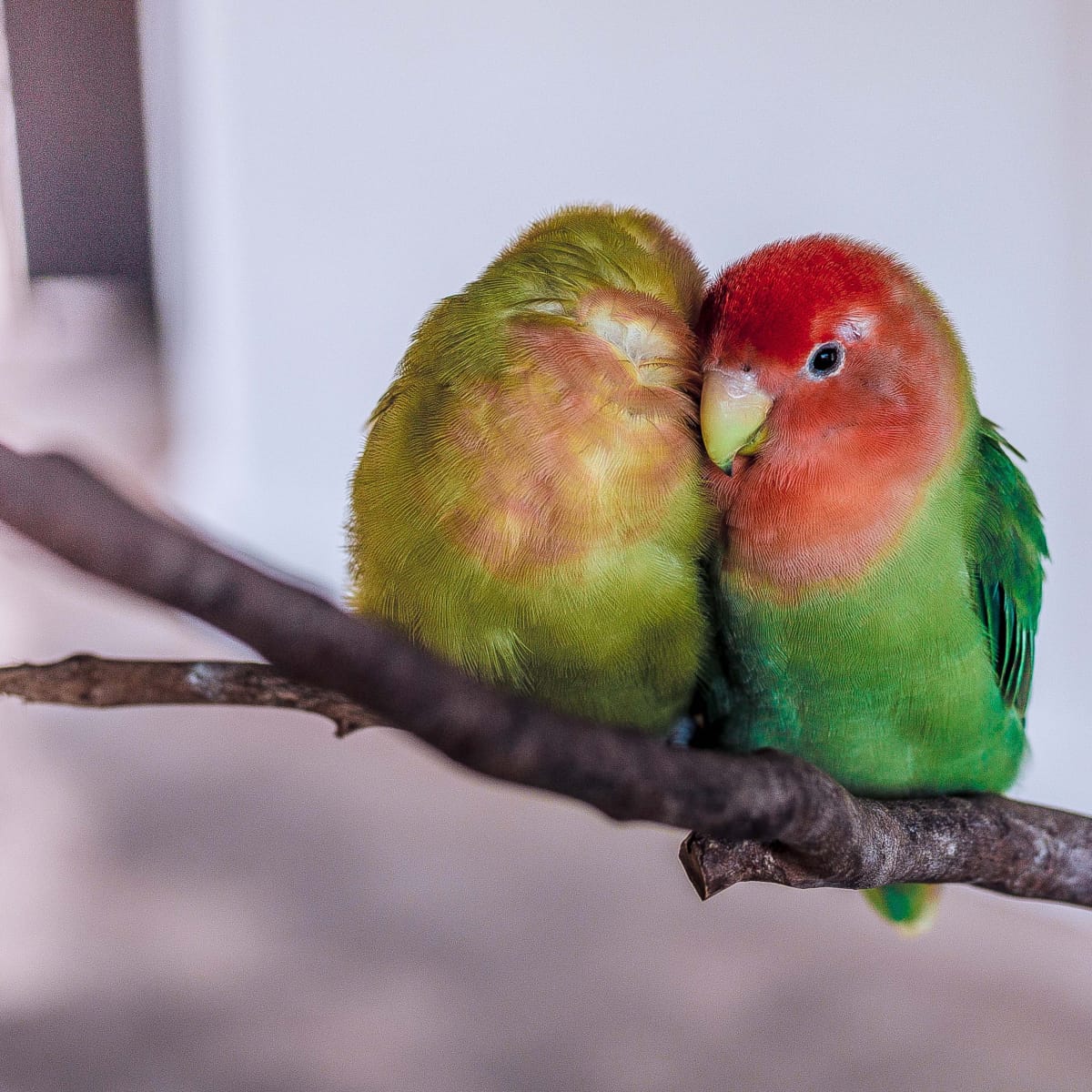
Baby Lovebirds: A Comprehensive Guide to Care and Nurturing
Introduction
Lovebirds, known for their affectionate and playful nature, are captivating companion birds that have captured the hearts of bird enthusiasts worldwide. As a responsible bird owner, providing proper care for baby lovebirds is crucial to ensure their well-being and longevity. This comprehensive guide will delve into every aspect of baby lovebird care, from feeding and housing to socialization and veterinary care.
Feeding Baby Lovebirds
Formula Feeding:
- Baby lovebirds require a specialized formula designed specifically for their nutritional needs.
- Use a syringe or dropper to gently feed the formula to the baby bird every 2-3 hours.
- Gradually increase the amount of formula as the bird grows.
Hand Feeding:
- Hand feeding is a more labor-intensive method but allows for closer bonding with the baby bird.
- Use a spoon or a small syringe to feed the formula directly into the bird’s beak.
- Ensure the formula is warm and not too thick or thin.
Weaning:
- Weaning typically begins around 4-6 weeks of age.
- Gradually introduce soft foods, such as mashed fruits and vegetables, to the bird’s diet.
- Continue to offer formula until the bird is fully weaned.
Housing Baby Lovebirds
Brooder:
- Baby lovebirds require a warm and secure environment.
- Use a brooder with a heating pad or heat lamp to maintain a temperature of 85-90°F (29-32°C).
- Line the brooder with soft bedding, such as shredded paper or fleece.
Cage:
- Once the baby bird is fully feathered and weaned, it can be moved to a cage.
- Choose a cage that is large enough for the bird to move around comfortably.
- Provide perches of varying sizes and textures to encourage foot development.
Socialization
Handling:
- Handle baby lovebirds gently and frequently to socialize them.
- Talk to the bird in a soft and soothing voice.
- Avoid sudden movements or loud noises.
Interaction:
- Provide the baby bird with toys and interactive activities to stimulate its mind.
- Allow the bird to interact with other lovebirds or friendly humans.
- Supervise interactions to prevent any aggression or injury.
Veterinary Care
Regular Checkups:
- Schedule regular veterinary checkups to monitor the baby bird’s health and growth.
- The veterinarian can provide guidance on feeding, housing, and socialization.
Common Health Issues:
- Baby lovebirds are susceptible to certain health issues, such as respiratory infections, digestive problems, and feather plucking.
- Seek veterinary attention promptly if you notice any signs of illness, such as lethargy, difficulty breathing, or changes in appetite.
Preventing Health Problems:
- Maintain a clean and hygienic environment.
- Provide a balanced diet and fresh water.
- Avoid overcrowding or stress.
- Monitor the bird’s behavior and appearance for any signs of distress.
Additional Tips
- Keep the baby bird’s environment quiet and calm.
- Provide a variety of toys and activities to keep the bird entertained.
- Be patient and consistent with feeding and socialization.
- Seek professional guidance from a veterinarian or experienced bird breeder if you have any concerns.
Conclusion
Caring for baby lovebirds is a rewarding and fulfilling experience that requires dedication and knowledge. By following the guidelines outlined in this comprehensive guide, you can provide your feathered friend with the optimal environment, nutrition, and socialization it needs to thrive. Remember to prioritize the bird’s well-being, seek veterinary care when necessary, and enjoy the companionship and love that baby lovebirds bring into your life.
